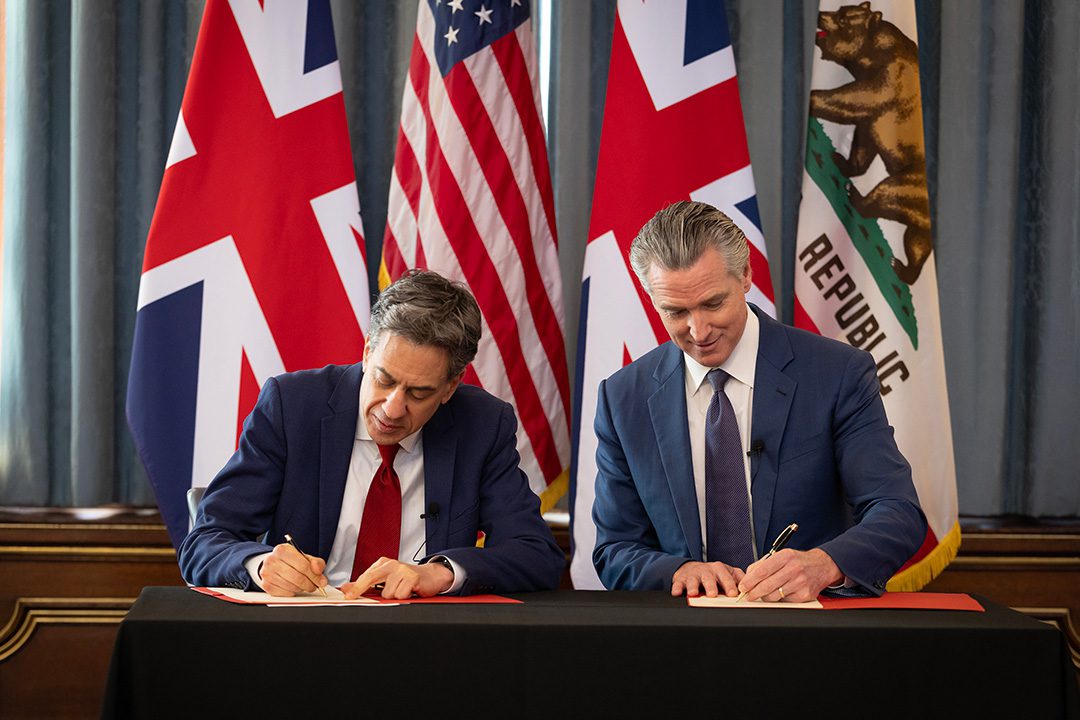Key Impact Points:
- Will the Inflation Reduction Act face changes or reductions under a new Trump administration?
- What are the prospects for the SEC’s climate disclosure rule amid political and legal challenges?
- How might U.S. international climate commitments shift with a change in administration?
1. Will the Inflation Reduction Act Face Modifications?
A critical question for the upcoming administration is the future of the Inflation Reduction Act (IRA). Trump has indicated plans to cut or scale back funding for the IRA, which currently supports renewable energy projects and investments. This could lead to changes for Department of Energy offices, including the Loans Program Office and the Office of Energy Efficiency and Renewable Energy, both of which contribute to reducing investment risks and facilitating clean energy development.
2. What Is the Future of the SEC’s Climate Disclosure Mandate?
The SEC’s requirement for public companies to disclose Scope 1 and 2 emissions aimed to enhance transparency for investors. However, its progress paused in April due to legal challenges. Under a new Trump administration, the chances of a nationwide mandate are uncertain. Nonetheless, companies should remain aware of state-level regulations, such as California’s Climate Corporate Data Accountability Act, and international rules like the EU’s CSRD, which require emissions reporting.
Change the World - Subscribe Now
3. Will Fossil Fuel Development Increase?
The potential for increased fossil fuel development under a Trump administration raises questions. While policies may favor coal, natural gas, and “brown” hydrogen, the ongoing issue of permitting reform could affect project timelines. Both renewable and fossil fuel developments are influenced by the current permitting process, which could impact the pace of new construction.
4. What Lies Ahead for Nuclear Power?
Nuclear power has seen bipartisan support as a way to meet growing energy needs, particularly with the rise of data centers and AI technologies. The ADVANCE Act, signed by President Biden, removed barriers for nuclear development and received wide approval in Congress. The question remains whether this trend of support will continue with a shift in administration.
5. How Might U.S. International Climate Commitments Evolve?
The U.S. plays a major role in global climate agreements. In 2017, the Trump administration withdrew from the Paris Climate Agreement, a move reversed by President Biden. Should Trump return to office, there is potential for another withdrawal, which would affect the U.S.’s stance on international climate efforts and collaboration.
Adapting to Policy Shifts
The climate community, including state, local, and private sector initiatives, may need to adjust to any shifts in federal policy. While potential changes could reshape the landscape, ongoing efforts across different levels of government and industry remain essential for maintaining progress toward climate goals.
Related Article: Trump’s Comeback: Back from the Brink, Ready to Tackle…the UN?

 Follow SDG News on LinkedIn
Follow SDG News on LinkedIn











